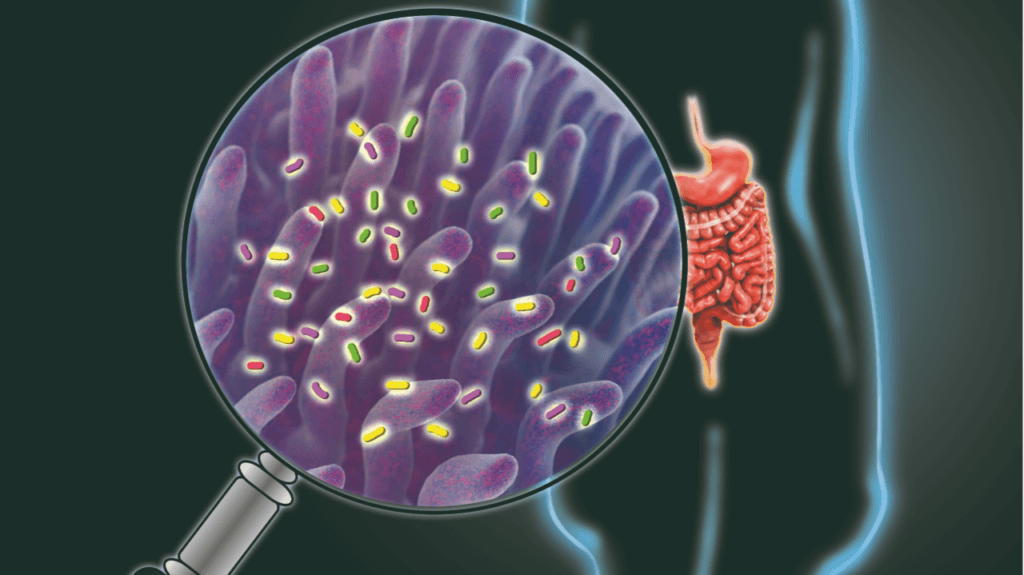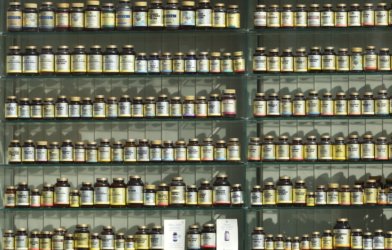Our general health depends on the balance between good and bad bacteria in our gut. When a person is ill, that balance becomes unequal and leads to the use of probiotic supplements to help boost the levels of good bacteria. Probiotics are live bacteria inside of a pill and are commercially available for purchase. Even though health experts mostly agree that these supplements are safe overall, there is some controversy regarding their actual capabilities.
Inside the Gastrointestinal Tract
There is a constant battle going on in the body to maintain ideal levels of good and bad bacteria. The majority of the struggle happens in the gut, as that’s where digestion assistance and immune system support are based. Even though health experts believe that the key to optimal health and well-being is good gut health, a clear idea of what really happens in the gastrointestinal tract is still under investigation.

A New Method
According to a new study, a non-invasive diagnostic tool has recently been developed by a team of scientists from the U.S. and Switzerland. It measures the levels of a naturally occurring enzyme (bile salt hydrolase) inside the entire gastrointestinal tract. This enzyme is responsible for all of the major health-boosting functions of probiotics. There are 3 major functions of the tool:
- Predicts clinical status of inflammatory bowel diseases
- Determines the effectiveness of many probiotic supplements by testing bile salt hydrolase levels
- Assesses whether dietary fibers that support digestive health, or prebiotics, can increase bile salt hydrolase levels like probiotics do
“Until now, we have not had any ways to noninvasively monitor activity in the intact gastrointestinal tract, given the unique chemical environment, variable distribution, and highly dynamic nature of the gut microbiota,” says Elena Goun in a statement.
Goun, who is an associate professor in the Department of Chemistry at the University of Missouri, specializes in developing biomedical imaging tools. While Goun is excited about all the findings of the study, she is especially happy about the prebiotics breakthrough.
“Prebiotics are often used in combination with probiotics to enhance their functions in the body,” Goun adds. “We show for the first time that certain types of prebiotics alone are capable of increasing bile salt-hydrolase activity of the gut microbiota, which among other health benefits has been shown to decrease inflammation, reduce blood cholesterol levels, and protect against colon cancer and urinary tract infections. In my opinion, this discovery is huge because the production and storage of prebiotics is less expensive than with probiotics.”
Further Testing and Better Treatments
Previous research has shown that better digestive health and no inflammation in the body result when high levels of bile salt hydrolase (a naturally occurring enzyme) are detected. In order to measure the activity level of bile salt hydrolase in the gastrointestinal tract, Goun says their new, noninvasive method uses bioluminescence, which is a chemical reaction that produces light inside a living organism.
“Our imaging tool is a bioluminescent probe in the form of a capsule,” Goun states. “When someone swallows it, it’s exposed to the intact gut microbiota while traveling throughout the harsh environment of a person’s entire gastrointestinal tract. After it passes out of the body, we can analyze a person’s stool sample. We can take the results from that analysis and correlate it with the amount of bile salt-hydrolase activity within the human gastrointestinal tract.”
This enlightening research could provide a clearer understanding of gut health and its relation to the origin and anatomy of human diseases, which could then lead to the development of better treatments of these diseases, believes Goun.
“This is the first example of the use of bioluminescent imaging probes in humans,” Goun continues. “The gut microbiome plays a huge role in various health issues such as cancer, diabetes, obesity, Parkinson’s disease, depression, and autism, and now, this new tool will help us better understand the relationship between the gut function and these diseases. In addition, it will allow us to develop more effective probiotics and prebiotics to improve gut health.”
Goun and team’s study was published in Science Advances.










